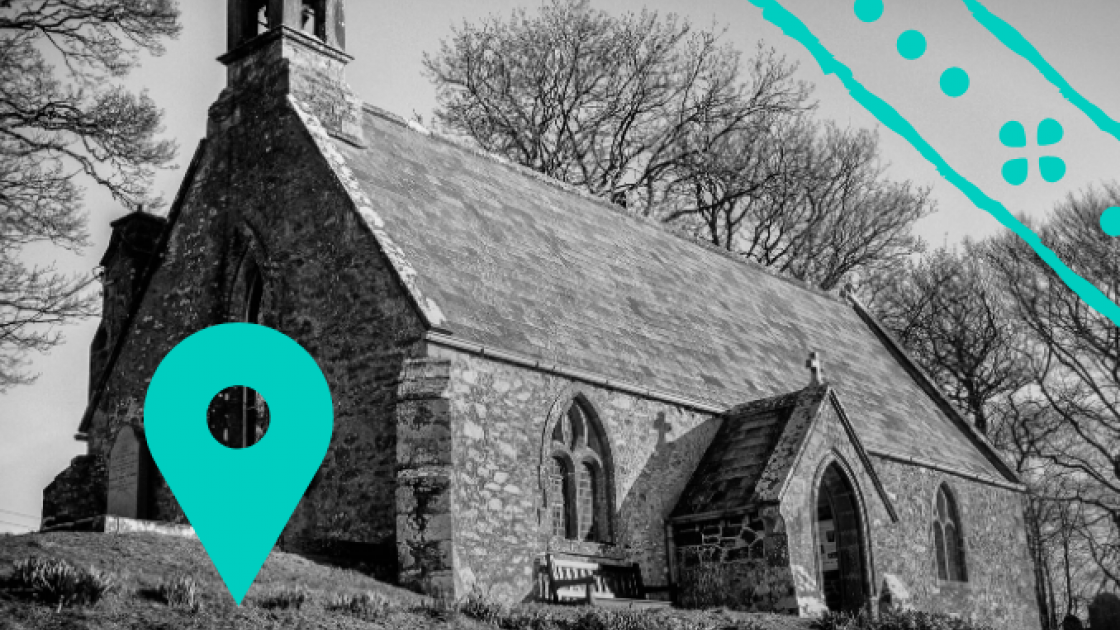Mapping the Scottish Reformation: Ministers & Their Movements in Scotland, 1560-1689

In the spring of 2020 (before the world seemed to change overnight), I spent just over two months as a Digital Scholarship Fellow at the Institute for Advanced Studies in the Humanities (IASH) at the University of Edinburgh. During this time, I pursued work on a project called Mapping the Scottish Reformation, directed by myself and Chris Langley of Newman University.
Mapping the Scottish Reformation is a digital prosopography of ministers who served in the Church of Scotland between the Reformation Parliament of 1560 to the Revolution in 1689. By extracting data from thousands of pages of ecclesiastical court records held by the National Records of Scotland (NRS), Mapping the Scottish Reformation tracks clerical careers, showing where they were educated, how they moved between parishes, and their personal and disciplinary history. This early modern data drives a powerful mapping engine that will allow users to build their own searches to track clerical careers over time and space.
The need for such a project was born of the fact that, despite a few excellent academic studies of individual ministers written in recent years, we still know remarkably little about this massive and diverse group. A new resource is thus necessary to both search and visualize clerical data, and we intend Mapping the Scottish Reformation to be that resource. One of our central goals is to shed light on the complexity of clerical experiences and development of the ministerial profession by capturing messy data from manuscripts and turning it into something machine readable and suited to a database and visualization layer. In short, we hope to make the qualitative quantitative, and to do so in a way that can also serve as a supplementary finding aid to the rich church court records held at NRS.
Though I sadly had to cut my fellowship period two weeks short due to the COVID-19 crisis, I had a wonderful and productive two months at IASH. In this time, Mapping the Scottish Reformation progressed by leaps and bounds, thanks in large part to the generosity and support of the Scottish history and digital humanities communities at the University of Edinburgh, as well as our colleagues at NRS. Our talk at the Centre for Data, Culture and Society, which drew an audience not only of academics but also genealogists and local residents, was a real highlight, allowing us to make connections with a wide range of people interested in the history of Scotland, family history, the Reformation, and the digital humanities. These connections, and the ability to make access to data widely available, are more important than ever.
- Mikki Brock, IASH Digital Scholarship Fellow (January - March 2020)
